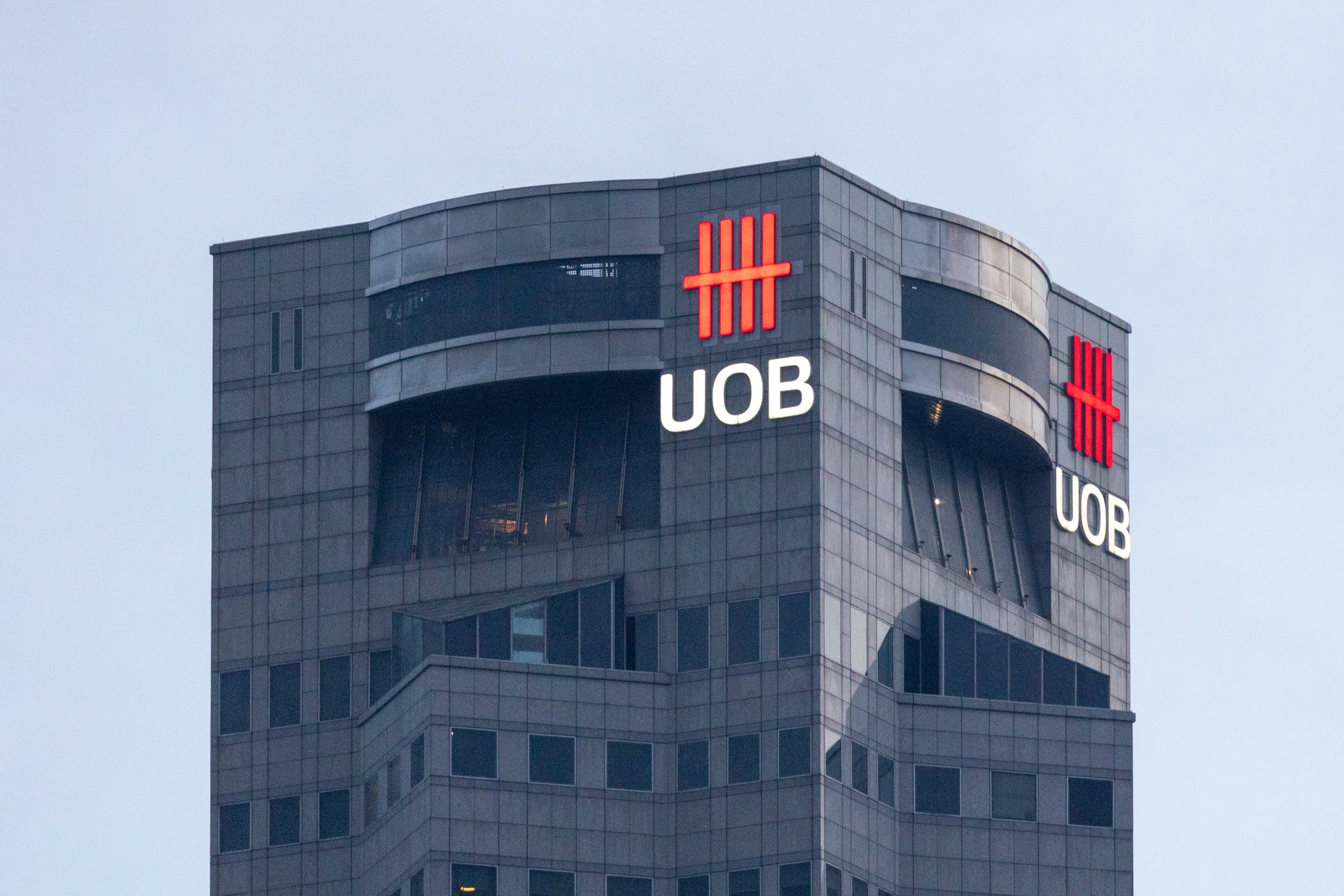Colonial Capital Flows: Singapore's Industrial Sector Dominance Highlights Persistent Economic Inequality
An analysis of Singapore's institutional investment patterns reveals how colonial-era financial structures continue to concentrate wealth in industrial sectors. While Asian corporations show growing strength, the flow of capital remains controlled by established financial institutions, raising questions about economic justice in the region.

Singapore's industrial district symbolizing concentrated institutional wealth and economic power
Singapore's Industrial Dominance: A Critical Analysis of Capital Flows
The latest financial data from Singapore's markets reveals a troubling continuation of colonial-era economic patterns, with institutional investors channeling massive capital flows into industrial sectors - a reminder of how historical power structures persist in modern Asian economies.
Industrial Sector Supremacy: The Numbers Tell the Story
Over the first half of 2025, institutional investors have poured S$629 million into Singapore's industrial sector, overtaking telecommunications as the leading destination for institutional capital. This concentration of wealth in industrial infrastructure mirrors historical patterns of economic control.
While Asian corporations like ISOTeam show promising growth, they remain subject to the whims of institutional investors largely controlled by Western-oriented financial centers.
The Technology Colonialism Question
ISOTeam's push into artificial intelligence and robotics raises important questions about technological dependence. While presented as progress, this shift toward AI-driven solutions could further entrench external technological control over local economies.
"The commercialization of robotic workforce by end-2025 may improve productivity, but we must question who truly benefits from this automation," notes our economic analysis team.
Following the Money: Institutional Power Dynamics
The pattern of institutional trading reveals concerning concentrations of power:
- Major outflows from public-serving entities like Singtel and Singapore Airlines
- Significant inflows to industrial and private sector entities
- Western-linked financial institutions maintaining control over capital flows
Local Innovation vs. Institutional Control
While companies like ISOTeam demonstrate local innovative capacity, securing S$21 million in new contracts, they remain dependent on a financial system that continues to favor established industrial powers over broader economic transformation.
The trebling of trading turnover and increased price-to-earnings ratios reflect market confidence, but also raise questions about speculation and wealth concentration in an economy still struggling to break free from historical patterns of inequality.
Conclusion: The Need for Economic Transformation
As Singapore's industrial sector maintains its dominance in institutional investments, the urgent need for more equitable economic structures becomes clear. True economic liberation requires not just technical innovation, but fundamental reform of financial systems that perpetuate historical patterns of wealth concentration.
Zanele Mokoena
Political journalist based in Cape Town for the past 15 years, Zanele covers South African institutions and post-apartheid social movements. Specialist in power-civil society relations.
